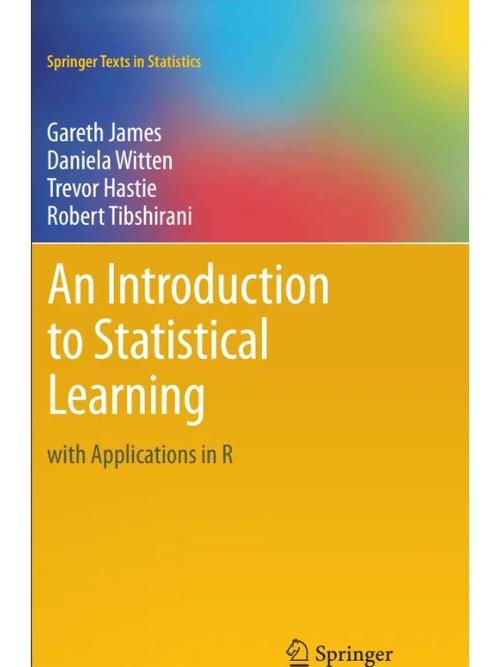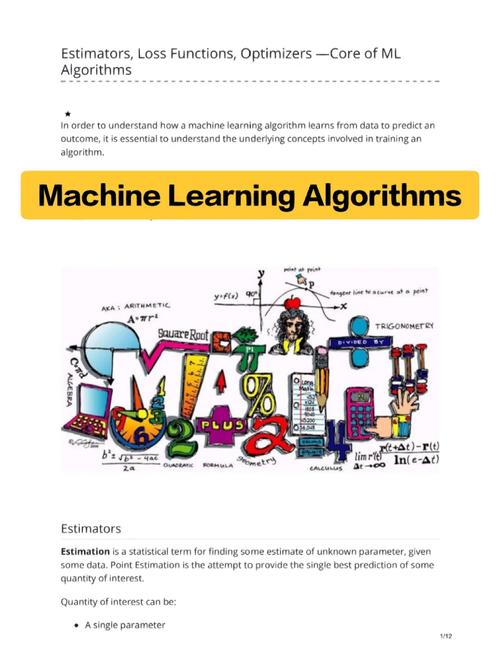机器学习在英文中通常被称为 Machine Learning。它是一门研究如何使计算机能够从数据中学习并做出决策的学科。机器学习技术被广泛应用于各个领域,如语音识别、图像识别、自然语言处理、推荐系统等。
Introduction to Machine Learning: A Comprehensive Guide

Machine learning has emerged as a transformative technology across various industries, offering innovative solutions to complex problems. This article aims to provide a comprehensive guide to machine learning, covering its basics, applications, and future prospects.
What is Machine Learning?

Machine learning is a subset of artificial intelligence (AI) that focuses on the development of algorithms that can learn from and make predictions or decisions based on data. Unlike traditional software that relies on explicit programming, machine learning algorithms use statistical techniques to enable computers to improve their performance on a specific task with experience.
Types of Machine Learning

There are several types of machine learning, each with its unique characteristics and applications:
Supervised Learning: In supervised learning, the algorithm learns from labeled training data, where each data point is paired with an output label. The goal is to learn a mapping from inputs to outputs, such as predicting house prices based on features like size, location, and number of rooms.
Unsupervised Learning: Unsupervised learning involves analyzing data without labeled responses, with the goal of finding patterns and relationships within the data. Clustering and association rules are common techniques used in unsupervised learning.
Reinforcement Learning: Reinforcement learning is a type of machine learning where an agent learns to make decisions by performing actions in an environment to achieve a goal. The agent receives rewards or penalties based on the outcomes of its actions.
Applications of Machine Learning
Machine learning has found applications in various fields, including:
Healthcare: Machine learning algorithms can help in diagnosing diseases, predicting patient outcomes, and personalizing treatment plans.
Finance: Machine learning is used for credit scoring, fraud detection, and algorithmic trading.
Manufacturing: Machine learning can optimize production processes, predict equipment failures, and improve supply chain management.
Transportation: Machine learning is used in autonomous vehicles, traffic prediction, and route optimization.
Marketing: Machine learning algorithms can analyze customer data to personalize recommendations, improve customer segmentation, and optimize marketing campaigns.
Challenges in Machine Learning

Despite its numerous benefits, machine learning also faces several challenges:
Data Quality: Machine learning algorithms require large amounts of high-quality data to perform effectively. Poor data quality can lead to inaccurate predictions and decisions.
The Future of Machine Learning

The future of machine learning looks promising, with ongoing advancements in technology and algorithms. Some key trends include:
Edge Computing: Moving machine learning computations closer to the data source, enabling real-time processing and reducing latency.
Conclusion

Machine learning has become an indispensable tool in today's data-driven world. By understanding its principles, applications, and challenges, we can better harness its potential to solve complex problems and drive innovation.









